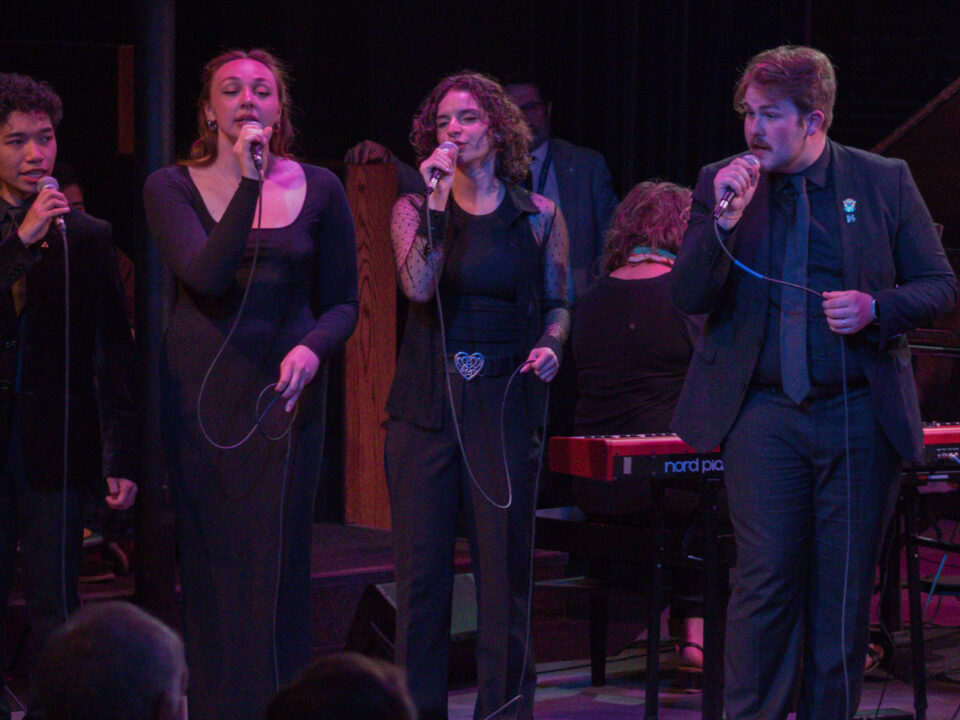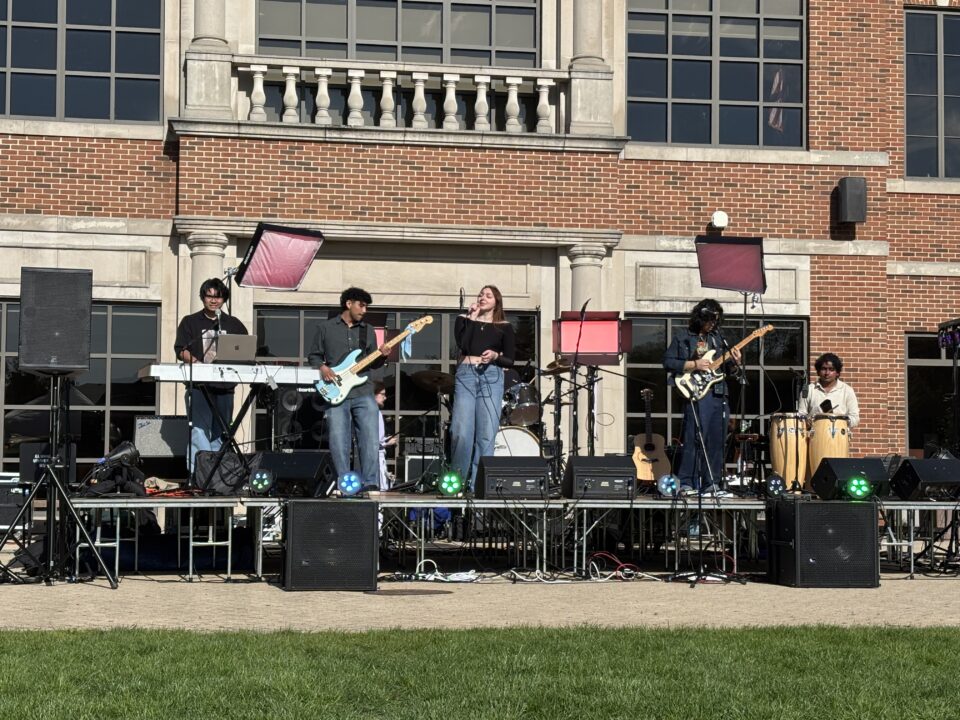The 55th Chicago International Film Festival: Round 1
Just 6.5 (Saeed Roustaee)
This epic, emotionally charged Iranian crime drama had me hooked from its opening chase scene, which begins simply enough but quickly evolves into something darker and more complicated. Writer and director Saeed Roustaee takes viewers from crack-addicted, impoverished neighborhoods to at-capacity, suffocating jail cells with relentless narrative focus. There are no clear good guys or bad guys in this film, just spiritually corrupted, disillusioned, desperate people trying to survive at the expense of others. As a disintegrating, suicidal drug lord, Navid Mohammadzadeh is this thriller’s MVP, closely followed by the commanding Payman Maadi (who gave a breakout performance in 2011’s Best Foreign Language Oscar winner, “A Separation”), who brings an undeniably likable edge to his ferocious, flippantly corrupt police officer. There are points where “Just 6.5” leans on heavy-handedness, but the overall package is so enthralling that its minor flaws can be easily forgiven. This is a must-watch.
Loving, Caring, Sharing: Grandpa Kitchen passes away
Oleg (Juris Kursietis)
The most imposing shots of Juris Kursietis’ “Oleg” are of the titular character—a broke Latvian man played by a bewildered Valentin Novopolskij—trapped under a frozen lake. He isn’t drowning, but he isn’t breaking through to the surface either. This brutal, handheld-filmed story of Oleg’s unwilling servitude to the psychopathic Andrzej (a brilliant, frightening Dawid Ogrodnik) is a punishing experience, but one filmed with moments of soothing, quiet grace. The story never becomes as dark as the viewer sometimes expects it to, but that’s what makes the experience so plausible; the moments of outright cruelty are handled so matter-of-factly that we instinctively know Oleg isn’t going to act like a movie character, but a real person. This one is definitely worth seeing.
Sheena667 (Grigory Dobrygin)
Grigory Dobrygin, usually an actor in John Le Carre adaptations, directs this sometimes-biting, mostly-lacking examination of a man (a blank-faced yet quietly obsessive Vladimir Svirsky) alienating his amazing wife (a painfully sweet Yuliya Peresild) in favor of a cam-girl from Georgia (Jordan Frye, giving the film’s standout performance). Points should be given to the film for treating online sex work with equal parts sympathy and harsh reality—even when it becomes clear that the naive husband is being taken for a ride, the screenplay never villainizes the titular cam-girl—but at bottom, this isn’t a very interesting movie. The icy cinematography by the genius Mikhail Krichman (frequent collaborator of Oscar-nominated director Andrey Zvyagintsev) perfectly captures the bored environment of the mostly isolated setting, silently informing the viewer how somebody might get so lonely out here—even with a wife—that they’d go to self-destructive means for fantastical escapism, but the screenplay doesn’t go nearly far enough to justify its unsatisfying, out-of-nowhere ending.
Clemency (Chinonye Chukwu)
The most painful film I’ve seen at the festival so far, Chinonye Chukwu’s brutal death-row drama lets the viewer know in its opening shots just what they’re in for: a painful descent into utter helplessness. Within the first ten minutes, everybody in the theater was squirming and averting their eyes. Wisely, the opening scene is the most gruesome part, as Chukwu’s vision is less focused with the visuals of the death sentence than it is with the ultimately blameless hangmen palpably horrified victims. As the prison warden Bernadine, Alfre Woodard gives a performance that I am certain will get her awards-season recognition. This is not a movie full of stylistic flourishes or grand directorial statements, but a focused study of several crumbling characters. Written with emotional nakedness, overwhelming sorrow, and existential terror, “Clemency” strikes with the force of a headbutt and drags its viewers into a place they will be eager to escape from but not able to forget.
It Must Be Heaven (Elia Suleiman)
This film is a deliberately hard nut to crack, but head-to-toe, beginning to end, it’s a hypnotic and deeply pleasurable winner. The third in an unofficial trilogy (preceded by “The Time That Remains” and “Divine Intervention”), Elia Suleiman’s glacially paced, episodically constructed “It Must Be Heaven” reminds me most of the Swedish director Roy Andersson’s dark comedies; it’s hilarious in its stoicism in the face of madness, and unexpectedly moving when the viewer least expects it to be. The plot follows Suleiman himself as he travels the world trying to secure funding for what is being described as “a comedy about peace in the Middle East,” and at every turn the director runs into increasingly bizarre scenarios. Some of these set-pieces are pure visual genius, up there with the works of Andersson and Jacques Tati, but others are dark satirizations that confront the moral decay of the modern world. A censorship-riddled chase scene set to a Leonard Cohen song is easily one of my favorite scenes of the year.


